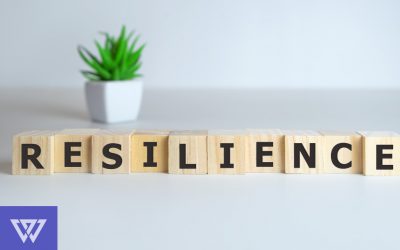Individual vs. Organizational Change: What Works?
Two questions that I often hear from leaders who don’t have much experience with change management are: What is the difference between organizational and individual change? Which is more important for success? Fundamentally, change is change. The difference, however,...
Getting to the Point: The Information We’ve Found that Actually Helps with Organizational Change
From experience we know that preparing for and executing enterprise-wide organizational change or assessing change capacity is, at the very least, on the radar of most business leadership. Executive decisions about enterprise-wide organizational change have a thorough...
Enterprise Do’s and Don’ts
Watershed CI regularly taps into our extensive network of change experts for insights on everything from leadership to measurement. This year we’ve been working on an eBook, which we will be releasing shortly, that taps into that insight and offers a comprehensive...
The Elastic Executive: How to Develop Change Resilience
The term change fatigue refers to the sense of resignation and apathy that develops among employees undergoing rapid and continual change, typically when multiple transformations in job responsibilities from different sources collide. This is also referred to as...
True Leaders Know Themselves – Part 2
How do you share leadership with others? The degree of freedom you establish with others will shape your leadership style. It determines the level of control and trust you have in others. Consider the Freedom Line. The three points above the freedom line indicate ways...
True Leaders Know Themselves – Part 1
What separates good leaders from great leaders? Self-awareness. Everyone knows the need for well-honed leadership skills climbs exponentially with the increasing complexity of projects; add a virtual, over-allocated team, global competition and economic pressure to...
A Guide to Emotionally Intelligent Leadership and Change
In our last blog we asked ourselves to think about the impact emotionally intelligent (EI) leadership could have on our team or organization. To review, let’s re-examine psychologist Daniel Goleman’s statement in his 1998 Harvard Business Review article about the...
Why Emotional Intelligence is the Key to Great Leadership
At some point in our lives we’ve all encountered a seemingly natural born leader with the innate ability to inspire, motivate, and change our way of thinking. Look back at some of the more difficult issues you've encountered in your career, who did you go to for help...








